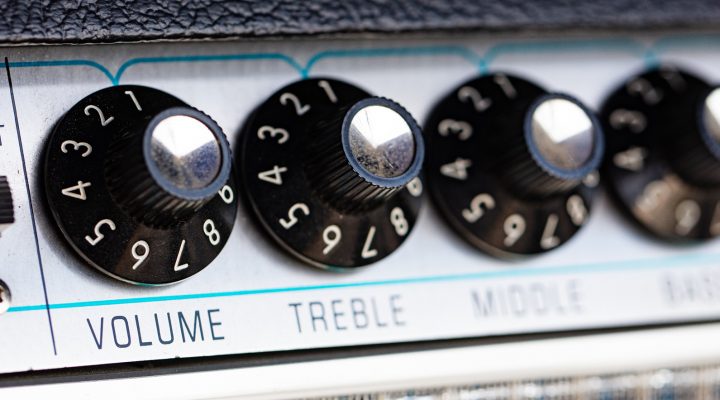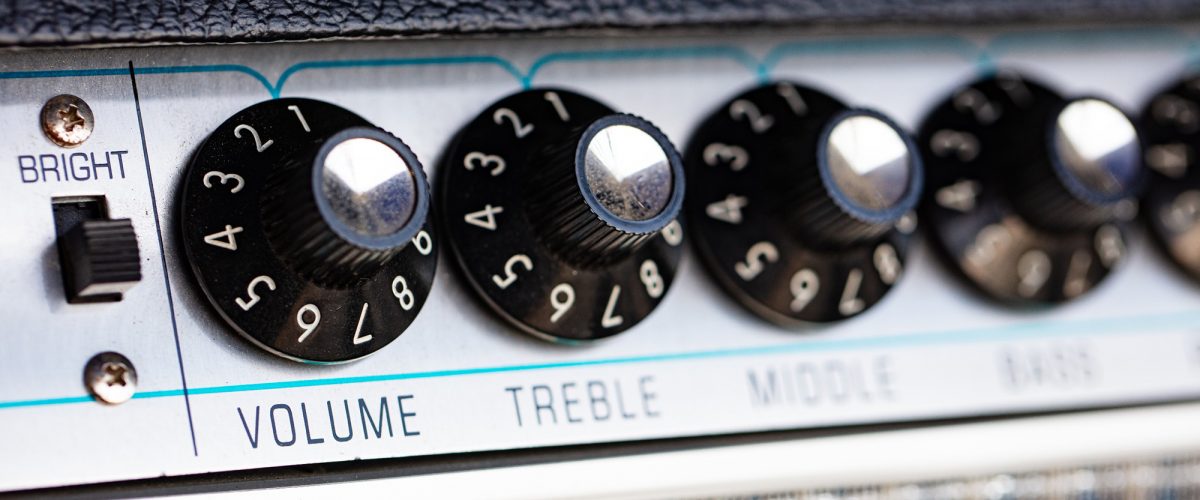“Blessed are the meek, for they will inherit the earth” is a Beatitude that has held a special place in my heart.
I always have been a soft-spoken, shy girl. I sit at the front of the classroom to get good grades, only go to parties to be the sober driver for my friends, and find refuge in quiet moments of prayer, writing or reflection. Many times, I am advised to “speak up” by my friends who know my voice will be too quiet in loud spaces.

Mallory Challis
The first time I spoke publicly at Wingate, University, Dane Jordan (one of my first undergraduate mentors) explained to me there would be no microphone in the small room of people I was speaking to. I would have to “do what will feel like yelling to you but is actually a normal tone of voice for the rest of us.” I did, in fact, raise my voice much louder than it usually was.
Dane, for whom I worked in the Office of Campus Ministry, is a very outgoing person and generally a loud talker, so he and I are a highly contrasting pair. In fact, during my freshman year when I was scheduled to work every Wednesday, he and my co-workers jokingly held “Whisper Wednesdays” for the time slot I was scheduled to come in. They would speak quietly while I entered and mimic the meek demeanor I always carried.
I have grown up a bit and now speak with more confidence (as well as at higher volume) which helps me be a better public speaker when the occasion arises. However, I am still quieter than most of my friends.
And while I do believe my voice deserves to be heard as loudly as it can be, I enjoy being the meek friend. I can be strong without screaming and still reserve the power to assert myself if I need to. My gentle approach to the world does not make me weak.
When words fail
One of the things I have learned while navigating a loud world with a quiet voice is how to express what I feel in meaningful ways, sometimes without making a sound.
It is not always necessary to verbally speak to say something important. Sometimes a hug, an act of kindness, a piece of writing (my personal favorite) or the sharing of a meal speak much louder than a voice ever could.
“Words fail us a lot, but we do not have to remain silent.”
There are many “languages” humans use to communicate with each other, and audible words are not always the best translation of our feelings. It is difficult always to know what to say, when to say it or what another person might need to hear in the moment.
Words fail us a lot, but we do not have to remain silent.
Finding ways to listen
Another good thing about being meek is the ability to welcome others into the conversation space when you are not speaking. Admittedly, this can be annoying at times, especially when you want to talk but are surrounded by those who are louder and more extroverted, making it difficult to enter the conversation without being interrupted or spoken over.
However, I have found that offering a space where there is no expectation for dialogue, and more importantly, assurance that I will not speak over, ruthlessly advise or overshadow the voices of others creates ground for spiritual release.
Often, I find myself being the one my friends vent to about their problems, or cry to while going through something hard. I hear about the drama, pain, frustration and hardships. And because I am comfortable being a quiet, empathetic listener, these conversations feel less like complaining and more like ministry.
Struggling to get a word in
However, being meek sometimes makes it hard to get through tough situations.
When your voice is quieter than the loud ones surrounding you, it is difficult to use it to take up space. Sometimes, it feels like you are squeezing beside, behind or under the big voices that capture all the attention; It is difficult to make your voice seem powerful among the rest.
Being the friend who is never that loud, not typically vocal about their feelings or complaints and constantly the one others turn to as a source of comfort for their own issues exacerbates this hardship. When you are the meek one who always seems to be content, others often fail to notice when you are not.
“When you are the meek one who always seems to be content, others often fail to notice when you are not.”
And when you are usually quiet amid their loud voices, they may not hear you (and may not think to leave space) when you have something to say.
But fear not my fellow meek ones. Even though we may not match others in volume, we, too, can raise our voices.
Fostering peace in hard situations
This is when I look to another Beatitude: “Blessed are the peacemakers, for they will be called children of God.”
For most of my life, I interpreted this verse as a reference to those who join the fight against social injustice, calling upon images of protesters, soldiers and others who make great noise for the sake of peace. These people, I thought, were the peacemakers because they are bravely effecting change across the world.
And while I do think this verse is referring to these people, I’m not so sure they are the only ones who can be called peacemakers. We meek ones can make peace, too. It just might look a bit different.
Everyone goes through tough situations — whether they be systematic issues or personal hardships — that we must find ways to make peace with. Being meek can make it difficult to get your way or win arguments, especially amid fights when it seems as though loud voices are required. However, meekness is sometimes essential in the pursuit of peace.
I cannot count the number of times I have surprised my friends by telling them I’ve had a productive and meaningful conversation with someone who has deeply hurt my feelings. Yet it is true. At times, offering a quiet space, in which communication is not expected but is welcome, and understanding is not required but attempted, is a better way of attaining peace than having a loud and angry argument.
So, I suppose my argument is that, just as the Beatitudes say, there are many blessings that come with being meek. Although it may also come with its own unique struggles, there are plenty of reasons we quiet ones should be proud of who we are and the gentle contributions that we are making to the world.
Mallory Challis graduates this week from Wingate University and will enter the master of divinity program at Wake Forest University School of Divinity next fall. She serves as BNG’s Clemons Fellow.
Related articles:
Mary, Our Mother (for Baptists): I don’t think that word means what you think it means | Opinion by Julia Goldie Day
Five ways to practice tikkun olam and repair the world | Opinion by Susan Shaw


